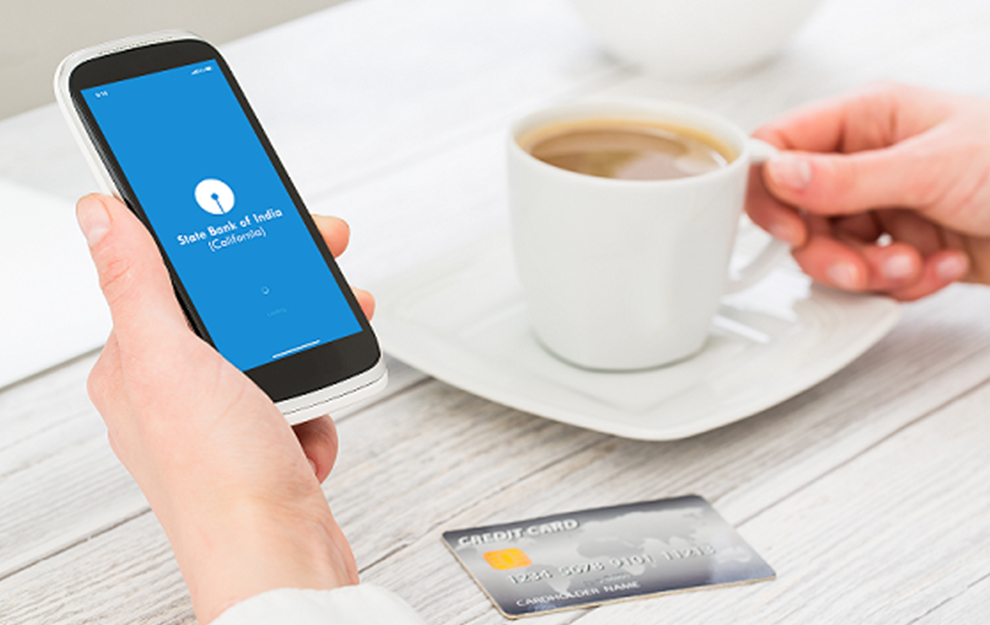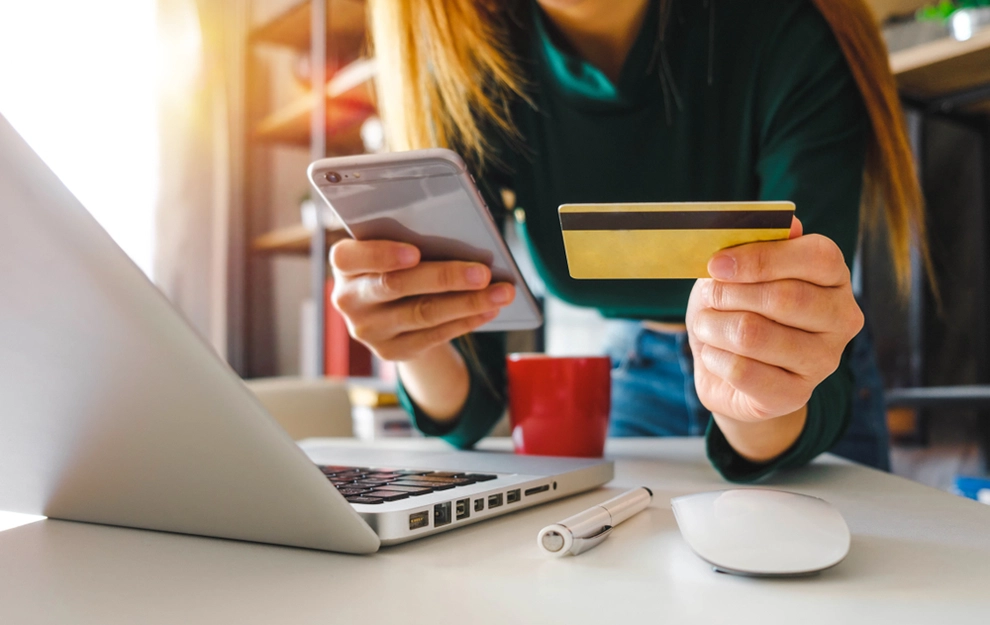Welcome to our new domain: sbical.bank. Please update your bookmarks accordingly.

9th Jun 2025Reading Time: 6 Minutes
You’re about to buy your dream car or make a down payment on a new house. These are exciting milestones, but they come with one big question: How do you withdraw such a large sum of money to make the payment?
Cash may not feel secure, and if personal checks and electronic payments are not accepted, cashier's checks or certified checks can offer a safer alternative. But how do you decide between the two? While both offer added security, understanding their key differences can help you determine which one best suits your needs.
This guide will explain everything you need to know about certified checks vs cashier's checks, including costs, features, and when to use each.
A cashier's check is a secure form of payment issued directly by a bank. The bank guarantees the payment by withdrawing the funds from your account upfront and placing them in its reserves. This ensures the recipient that the check will not bounce, as the bank is backing the payment.
A cashier's check is a secure payment method where the bank guarantees the funds. The money is withdrawn from your account upfront and placed in the bank’s reserves, ensuring the recipient has no risk of the check bouncing.
The issuing bank guarantees funds.
Ideal for large transactions, such as buying a car or property.
Typically comes with a fee — yes, cashier’s checks usually cost money. The exact fee varies by bank, but the added security often makes the cost worthwhile.
Easily obtained by visiting your bank and providing the amount and payee details. Wondering how to get a cashier's check? Visit any SBI California bank branch or explore our online banking options.
A certified check is also a secure payment method, but the key difference from a personal check is that the funds are drawn directly from your personal account. When a bank certifies your check, it verifies two things:
You have sufficient funds in your account.
Your signature on the check is genuine.
This certification ensures that if the check bounces, the account holder, not the bank, is responsible. Certified checks are therefore considered more secure than personal checks, but slightly less so than cashier’s checks.
The payment is guaranteed from your account, not the bank's reserves.
Useful for situations where the payee needs assurance that the check is legitimate.
Typically, it requires visiting your bank to request certification.
| Feature | Cashier's Check | Certified Check |
|---|---|---|
| Funds Source | Bank’s reserves | Your account |
| Issuing Process | Bank takes funds upfront | Bank verifies your account funds |
| Typical Fee | Yes, varies by bank | Yes, varies by bank |
| Best For | High-value transactions | Moderate-value transactions |
| Security | Higher, backed by the bank | High, backed by your account |
Cashier's checks are often required for:
Real estate transactions, such as closing costs.
Large purchases, like cars or boats.
Paying tuition or significant bills.
Visit your bank branch with the amount and payee information. For convenience, you can open a bank account with SBI California (SBIC) and access secure payment options. Pay any applicable fee, and the bank will issue the cashier’s check.
Certified checks are a great choice for:
Transactions requiring the payee to verify your identity.
Medium-value purchases, like furniture or jewelry.
Situations where personal checks aren’t accepted.
If you’re debating between a certified check or cashier's check for a payment, find out the recipient’s preference and the level of guarantee needed.
Sometimes, people use “bank check” and “cashier’s check” interchangeably, but it’s important to know the distinction:
Bank checks can refer to either type, depending on context.
Cashier’s checks are specifically guaranteed by the bank, while “bank checks” might include personal or certified checks.
Check fraud remains a serious concern, even when using secure options like cashier’s checks or certified checks. Fraudsters have developed increasingly sophisticated methods to deceive individuals and businesses.
One prevalent scam involves counterfeit certified checks or cashier’s checks that appear legitimate. Scammers might use them in overpayment fraud schemes, sending a fake check for more than the required amount and requesting the recipient to refund the difference. The recipient is left covering the loss when the fake check is identified.
Always verify the authenticity of a certified check or cashier’s check directly with the issuing bank.
Refrain from accepting checks from unknown individuals or transactions that seem too good to be true.
Protect your financial details by using official bank channels.
Avoid rushing through transactions; scammers often create urgency to bypass proper checks.
Use a savings account to manage funds safely, especially for large payments.
Confirm details directly with the bank issuing the certified or cashier’s check to ensure validity.
Be wary of transactions where someone insists on using a certified check or cashier’s check and pressures you to act quickly.
At State Bank of India (California), we understand the importance of secure payments for both personal and business needs. Whether you're handling large purchases or transferring funds, we provide reliable solutions:
Savings Accounts: Manage your funds effectively with an SBIC savings account.
Convenient Bank Services: Open an account online to access our range of banking products tailored to your needs.
Secure Payments: From cashier’s checks to online transfers, we provide smooth and secure transactions.
When deciding between cashier's check or certified check, think about the size of the payment, the level of security required, and the payee’s expectations. For high-value transactions, a cashier's check is often the better choice, while a certified check works well for smaller payments requiring added trust.
Ready to manage your finances securely? Start by opening a bank account with SBIC or explore the benefits of an SBIC savings account today.

Build your future with a savings account that works for you. Earn competitive interest, enjoy flexible access to funds, and grow your savings with confidence. Open an account today and take control of your financial goals!

Transfer money to friends, family, or service providers using email or phone numbers. With real-time processing and top-tier security, People Pay makes everyday payments fast, safe, and hassle-free.

Manage all your payments in one place with SBIC Bill Pay. Schedule, track, and expedite payments for rent, utilities, and more—secure, fast, and hassle-free.

Effortlessly manage your business’s finances with SBIC’s comprehensive receivables solutions. Gain control over your accounts receivable with tools designed to simplify and optimize your cash flow.
Copyright © State Bank of India, California 2025, All Rights Reserved.